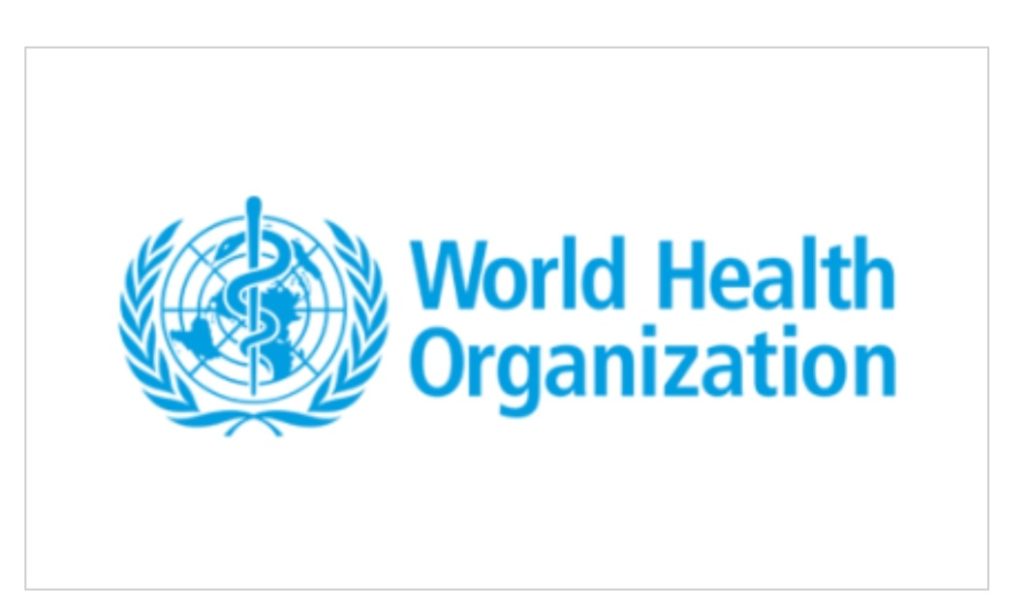
- WHO raises alarm over rising child malnutrition deaths
- Calls for protection of UN staff, health workers
The World Health Organisation (WHO) has raised the alarm over worsening hunger and health conditions in Gaza, warning that starvation and malnutrition-related deaths are now compounding the region’s humanitarian crisis.
Speaking at a press briefing in Geneva on Wednesday, WHO Director-General Dr Tedros Adhanom Ghebreyesus said Gaza’s 2.1 million residents are facing “yet another killer”—hunger—alongside ongoing conflict.
“The 2.1 million people trapped in the war zone that is Gaza are facing yet another killer on top of bombs and bullets: starvation. We are now witnessing a deadly surge in malnutrition-related deaths,” he said.
Health System collapsing
Dr Ghebreyesus disclosed that treatment facilities for severe acute malnutrition have exhausted their supplies since July 17, with WHO recording at least 21 deaths of children under five caused by malnutrition this year.
Global acute malnutrition now exceeds 10 per cent, and over 20 per cent of screened pregnant and breastfeeding women are classified as malnourished—many of them severely.
“The hunger crisis is being accelerated by the collapse of aid pipelines and restrictions on access,” he said, adding that 95 per cent of households suffer from extreme water scarcity.
Food Blockade and Casualties
He noted that from early March to mid-May, Gaza experienced an 80-day halt in food deliveries due to a full blockade on humanitarian and commercial access. Although some food delivery has resumed, it remains insufficient.
“Parents tell us their children cry themselves to sleep from hunger. Food distribution sites have become places of violence,” he added.
According to local health authorities, between May 27 and July 21, at least 1,026 people were killed while attempting to access food aid, with nearly 90 per cent of Gaza now under evacuation orders or within militarised zones.
Hospitals Under Fire
Ghebreyesus decried the state of Gaza’s health sector, saying repeated attacks on hospitals and supply chains have rendered many facilities inoperable.
“Hospitals, which are supposed to be safe havens, have regularly been attacked. Those still standing are operating at minimal capacity due to attacks, fuel shortages, and limited medical supplies,” he said.
WHO Personnel Attacked
The WHO chief also confirmed that the agency’s personnel and facilities came under direct attack earlier this week in Deir al-Balah, Gaza.
“On Monday, WHO staff and their families were attacked. The Israeli military entered our residence, forcing women and children to flee on foot amid active conflict. Male staff were handcuffed, stripped, and interrogated. One remains in detention—we call for his immediate release,” he said.
He added that WHO’s main warehouse, which stored vital medical supplies, was severely damaged during the incident.
Compromised Operations
Dr Ghebreyesus said these attacks have compromised WHO’s operational capacity in Gaza, making it harder to support what remains of the collapsing health system.
“Our ability to respond is shrinking, just as needs are expanding. Yet, WHO and other UN agencies remain committed to staying and delivering,” he said.
He urged the protection of all UN personnel, health workers, and civilians, and called for unimpeded humanitarian access and the active protection of aid infrastructure.
“We also renew our call for the unconditional release of hostages,” he added.
Concern in Syria
The WHO chief also raised concern over the deteriorating humanitarian situation in Syria, particularly in As-Sweida, where the main hospital is struggling to cope.
“The facility is overwhelmed, facing shortages of staff, electricity, and critical supplies,” he said.
He said the organisation is verifying reports of attacks on healthcare workers, ambulances, and patients.
“Health care must never be a target. Protection of health systems and safe humanitarian access in Gaza, Syria, and all conflict zones must remain a global priority,” Ghebreyesus said.